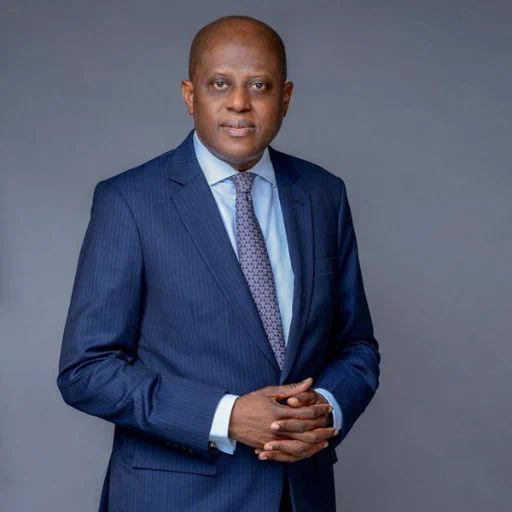In an exclusive interview with Arise Television on Monday, the Governor of the Central Bank of Nigeria (CBN), Yemi Cardoso, provided detailed insights into the foreign exchange (FX) backlog, revealing that approximately $2.4 billion of the initially reported $7 billion FX liabilities were identified as invalid following a comprehensive forensic audit conducted by Deloitte Management Consultant.
The forensic audit was commissioned to scrutinize all FX obligations and distinguish between valid and invalid transactions. Cardoso explained, “We contracted Deloitte Management Consultant to do a forensic of all these obligations and to tell us what was valid and what was not. Of course, we were committed to ensuring that we would pay all valid transactions.”
The audit uncovered a range of infractions within the FX liabilities, including non-existent entities, unauthorized FX allocations, and discrepancies in import documentation. Cardoso highlighted that the issues amounted to approximately $2.4 billion out of the $7 billion headline figure. He said, “The result that came out of this was startling in a great respect; it was quite startling.”
The CBN has already settled legitimate FX requests totaling $2.3 billion, leaving an outstanding obligation of approximately $2.2 billion. Cardoso reiterated the CBN’s commitment to settling only validly constituted FX requests and promptly addressing the outstanding liabilities.
“We are not paying if you don’t qualify; they are not validly constituted requests. And of the validly constituted ones, we have settled about $2.3 billion, and that applies to the airlines and a whole load of different entities spread throughout our economy – we’ve settled that already,” Cardoso stated.
Addressing the invalid transactions, Cardoso explained that the CBN wrote to authorized dealers to explain the identified infractions. He noted that many of these issues have not been disputed to the CBN’s satisfaction.
Cardoso expressed confidence that the remaining $2.2 billion in outstanding obligations would be settled shortly. He emphasized the CBN’s commitment to resolving the FX backlog and ensuring economic stability.
The CBN governor also addressed misconceptions about the CBN’s role in economic interventions. While acknowledging the necessity of such actions during crises, he stressed the importance of executing interventions thoughtfully to avoid destabilizing the economy.
Cardoso highlighted the need for the CBN to refocus on its primary objectives, such as controlling inflation and stabilizing prices.
In dispelling rumours, Cardoso denied any plans by the federal government to convert domiciliary accounts into naira accounts as part of currency stabilization efforts.
He reassured that the CBN would collaborate with capable partners for future interventions, ensuring they are managed effectively and achieve desired outcomes.





